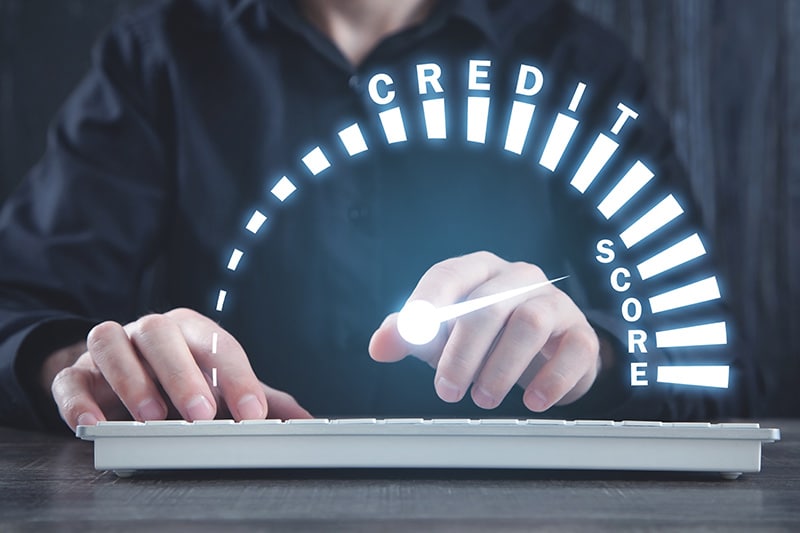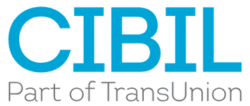CIBIL score plays a crucial role in your financial journey. It has the power to affect the following factors:
Loan approval: A CIBIL score indicates your creditworthiness. A good score increases your chances of getting a loan approved.
Approval for higher limits: A high CIBIL score makes you a low-risk borrower. This means the banks and financial institutions will trust you with higher loan amounts.
Interest rates: If you have a good CIBIL score, you have a higher chance of getting the best interest rate on your credit cards and loans.
There are other benefits of having a good CIBIL score, including:
How can I improve my Credit Score?
In some cases, your credit report may contain inaccurate information. This can have a harmful impact on your credit score. Therefore, your first step should be ensuring that the information reflecting on your CIBIL credit report is correct. If you find inaccurate information, raise a dispute with CIBIL and also with the bank/lender associated with the incorrect information.
This means you should do all it takes to make payments on time. One of the effective ways of ensuring discipline when it comes to paying EMIs is setting payment reminders. You can go a step ahead and set up automatic payment transfers from your bank account to your loan account.
Credit utilisation is the amount of debt outstanding on your credit cards or lines of credit. It is recommended to use less than 30% of your credit limit. You can control your credit utilisation by:
If you have multiple high-interest loans and find it difficult to manage the repayments, debt consolidation can help. With a low-interest personal loan, you can pay off your multiple loans and worry about making just a single EMI each month. Debt consolidation helps you improve your credit score and saves a considerable amount of money you pay as interest.
If you have a long positive experience with credit, it’s considered good for your credit score. A good credit age gives an impression of you being a responsible borrower. The best way to build up your average credit age is to leave your oldest accounts open. For example, even if you are not using your old credit cards, and if they are in good standing, don’t close them. Keep them open to increase your credit age.
Opening a new credit account not only decreases your credit age but also can hurt your credit score. Every time you apply for a new credit account, your application leads to a hard enquiry. This type of enquiry has the potential to hurt your credit score a little. But when there are multiple credit applications, too often, these hard enquiries can add up to have a compounding effect on your credit score.
When borrowing a loan, make sure that you choose a repayment schedule that works best for you. If you don’t have a lot of money at your disposal each month, choosing a longer loan tenure makes sense. This will ensure that you pay your EMIs comfortably, without the fear of default.
Improving the CIBIL score doesn’t happen overnight. It takes time and consistent efforts to improve your credit habits like the ones mentioned above. Over time, your efforts will definitely pay off.
Ideally, it takes around 3 to 6 months of good credit behaviour to see a significant change in your CIBIL score. However, it can take longer if there are too many negative elements in your credit report, such as late payments, frequent credit applications, maxed out credit cards, etc. That said, it takes less time to build a good CIBIL score than to repair a bad one.
If you have a low score, you can quickly make a significant change in your credit score than someone who has a strong credit history. Make repayments on time, and use less of the available credit limit to see a noticeable change in your credit in as little as 30 days.
Pay down your balances on your credit cards, and make sure you make your payments on time each month. These are powerful steps that can potentially make a positive change in your credit score in a month.
If your low score is due to a single late payment, you can improve your credit score by 100 points through positive credit habits in lesser time. If your poor credit score is due to a lot of negative factors such as poor credit utilisation, late payments, too many loan applications, etc., it may take time to improve your credit score, but if your efforts are consistent, they are sure to pay off.







